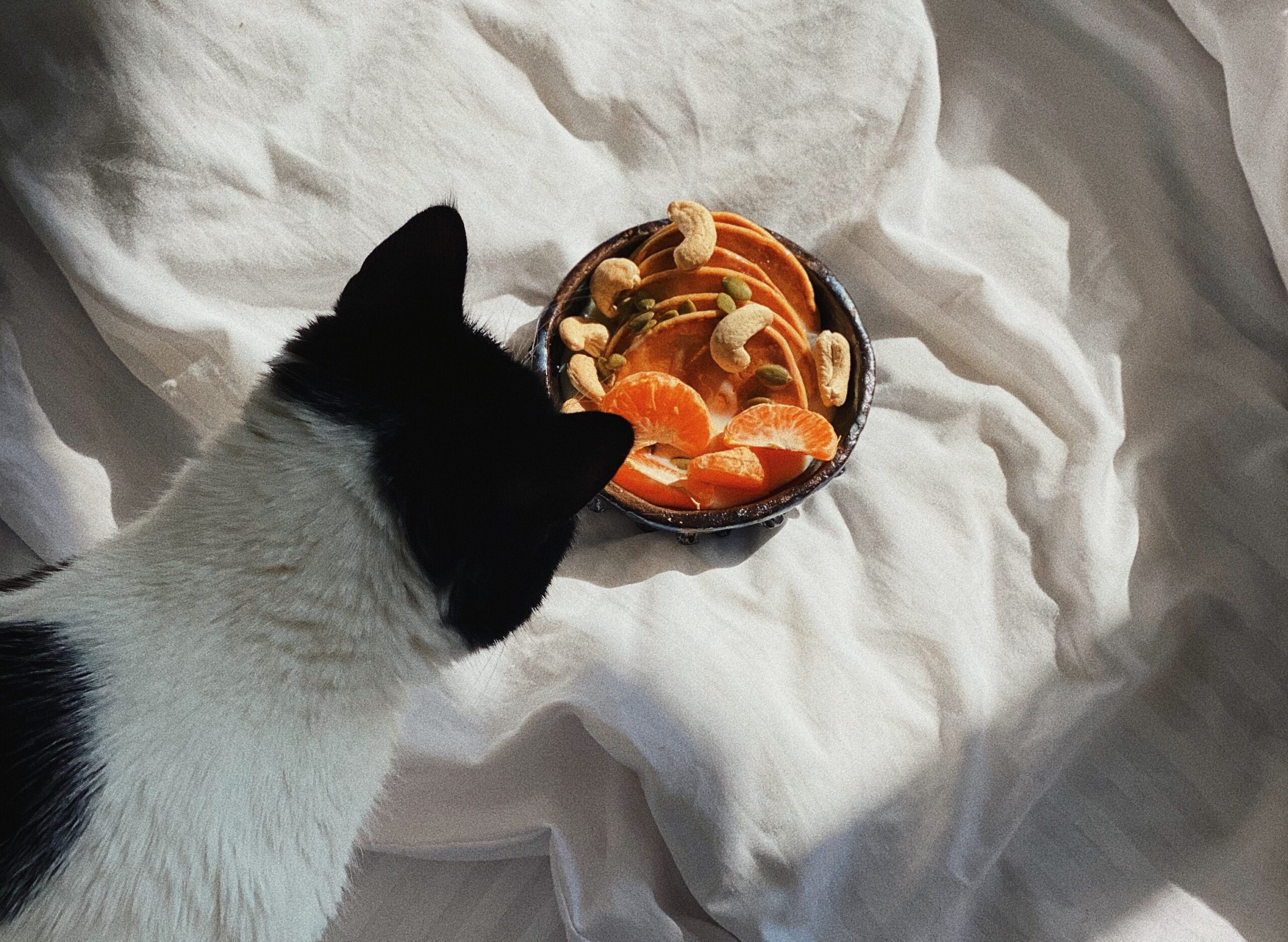Proper Nutrition for Pets: A Comprehensive Guide to Understanding Your Pet’s Nutritional Needs
The well-being of your pet depends on proper nutrition. Pets, like humans, require a balanced diet to maintain their health. However, with the vast amount of information available, understanding your pet’s nutritional needs can be challenging. In this article, we will provide you with a comprehensive guide to understanding your pet’s nutritional needs and how proper nutrition for pets can improve their health and vitality. Expert tips and advice for feeding your furry friend.
Importance of Proper Nutrition for Pets:
Proper nutrition is critical for maintaining your pet’s overall health, including their immune system, energy levels, and coat health. Inadequate nutrition can lead to various health problems, such as obesity, diabetes, and heart disease. It is crucial to understand the different nutritional requirements for various pets, such as dogs, cats, birds, and small animals.
Understanding Your Pet’s Nutritional Needs:
Each pet has unique nutritional needs that depend on various factors, such as their breed, age, weight, and activity level. For instance, dogs require a diet rich in protein, while cats need a diet high in fats and proteins. On the other hand, birds require a diet rich in minerals and vitamins, while small animals need a diet rich in fiber.
The Nutrients Your Pet Needs:
Pets require several essential nutrients to stay healthy, including proteins, fats, carbohydrates, vitamins, and minerals. Proteins are necessary for building and repairing muscles, fats provide energy, and carbohydrates provide fuel for the body. Vitamins and minerals are essential for maintaining proper organ function, bone health, and immune system health.
How to Ensure Your Pet is Receiving Proper Nutrition:
To ensure that your pet is receiving proper nutrition, it is crucial to choose high-quality pet food that meets their nutritional requirements. Look for pet food labeled “complete and balanced,” indicating that it meets the minimum requirements for pet nutrition. Avoid pet foods that contain fillers, artificial flavors, and preservatives.
Conclusion:
Understanding your pet’s nutritional needs is crucial for maintaining their overall health and well-being. Providing your pet with a balanced diet that meets their nutritional requirements is one of the most important things you can do to keep them healthy. Consult with your veterinarian if you have any questions about your pet’s nutritional needs, and always read pet food labels carefully to ensure that you are providing them with the appropriate nutrients.


